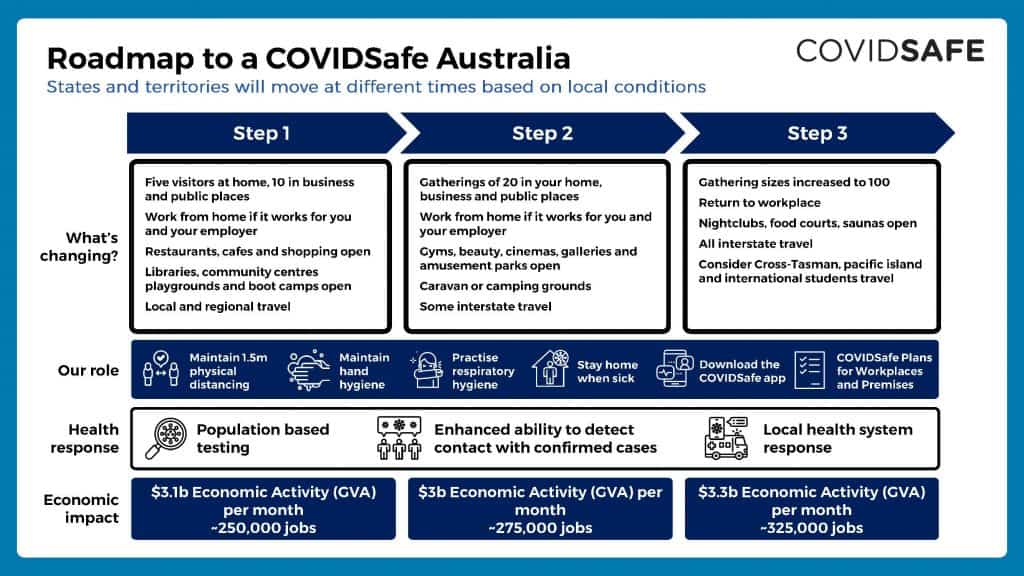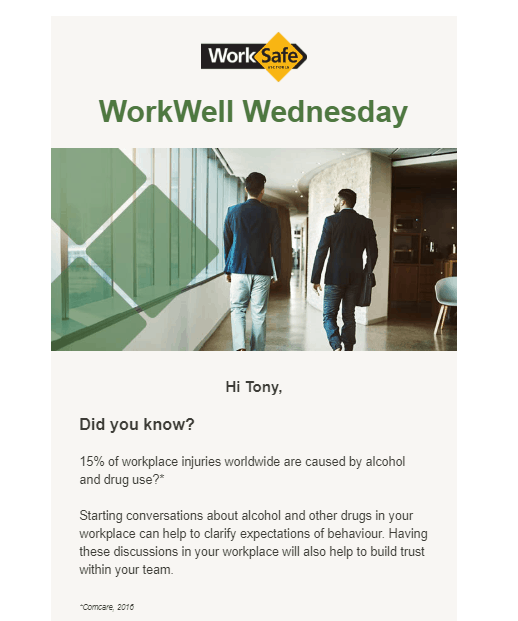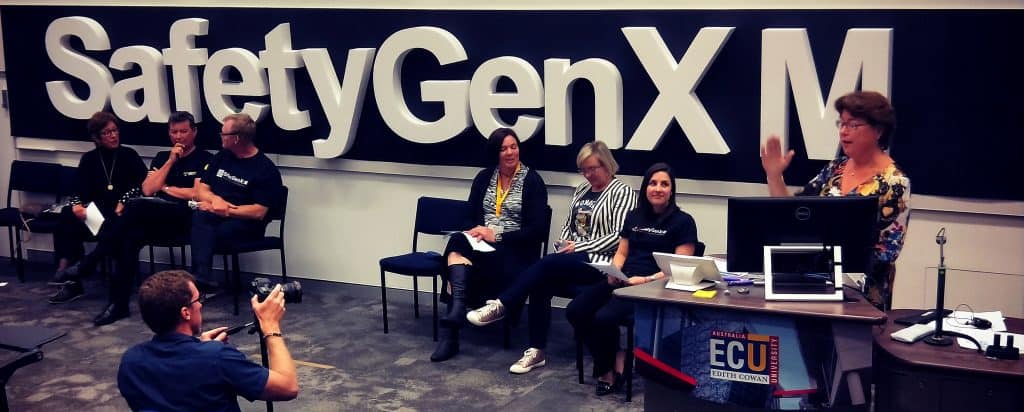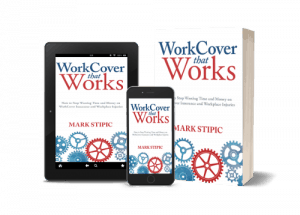
On the afternoon of May 8 2020 the Prime Minister, Scott Morrison, and Chief Medical Officer, Brendan Murphy, revealed the decisions of the National Cabinet. This is a national plan developed with the agreement of State Premiers and Chief Ministers who will be largely responsible for how this plan is implemented in their local jurisdictions. Many of the occupational health and safety (OHS) challenges have been anticipated by business owners as discussed in this morning’s blog article but it is worth looking at the infographics of the plan revealed by Morrison and Murphy but also the transcript of the press conference as that provides an important context to what the government expects to happen.
The government released two infographics, one was four pages of the broad plan, the other is that plan split into industry sectors.




 Fatigue and impairment are two of the most difficult workplace hazards to address. These are further complicated when they are contextualised in workplace mental health. So it is concerning when an entrepreneur produces a product that is meant to help address mental fatigue but that may also mask occupational health and safety (OHS) actions that are required to provide truly sustainable workplace improvement.
Fatigue and impairment are two of the most difficult workplace hazards to address. These are further complicated when they are contextualised in workplace mental health. So it is concerning when an entrepreneur produces a product that is meant to help address mental fatigue but that may also mask occupational health and safety (OHS) actions that are required to provide truly sustainable workplace improvement.